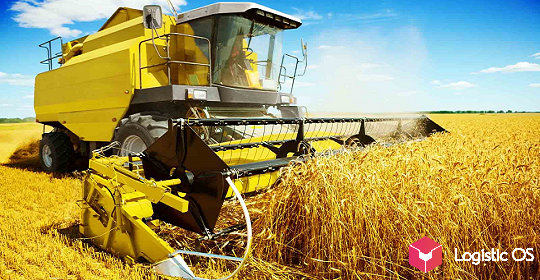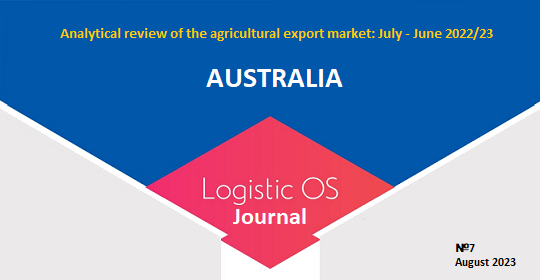Bangladesh is one of the promising areas for the export of Russian agricultural products, while the supply potential is far from being exhausted.
Bangladesh is one of the important importers of Russian agricultural products today.
Along with countries such as Algeria and Kazakhstan, it is among the top 5 countries where Russia actively supplies wheat.
In particular, 3.5 million tons of Russian wheat were shipped to this country last season. This is the lion’s share of Bangladesh’s total wheat imports, which amount to 6.5 million tons.
At the same time, it is impossible not to pay attention to the fact that in recent years there has been a significant increase in supply volumes.
For example, in the 2022-2023 season before last, these volumes amounted to about 1.4 million tons. Thus, we have seen an increase of 2.5 times over the year.
At the same time, the country’s own wheat consumption is about 7.3 million tons, and within 10 years Bangladesh is going to increase this figure to 8 tons.
This means that suppliers, including Russia, have every chance to send additional volumes of grain there.
However, wheat supplies to Bangladesh are complicated by the fact that Canada is also actively exporting this crop to this country.
In addition, the supply of other crops to Bangladesh is also very possible.
For example, last season, the volume of pea exports increased 44 times, which reached an indicator of more than 200 thousand tons.
The export of mustard seeds also showed a significant 10-fold increase, up to 24 thousand tons.
Another crop with a great potential for export growth is barley. This year it was delivered to Bangladesh for the first time, but in the following years it is possible to increase volumes quite quickly.
Finally, Bangladesh is an active importer of corn, its volume of purchases from this state reached 750 thousand tons last season.
“At the moment, Russia does not supply corn to Bangladesh, which opens up the possibility of supplying this grain crop to the country.
The prospects are linked to the continued growth in meat consumption, livestock production and feed production – the demand for feed grains is growing in Bangladesh.
Therefore, working out the issue of Russia’s entry with this grain crop can be a step towards expanding our country’s presence in the country’s agri–food market,» said Ruslan Khasanov, Director of the Federal State Budgetary Institution Grain Quality Assessment Center.
Another area of supply with great growth potential is the export of soybean oil to Bangladesh.

